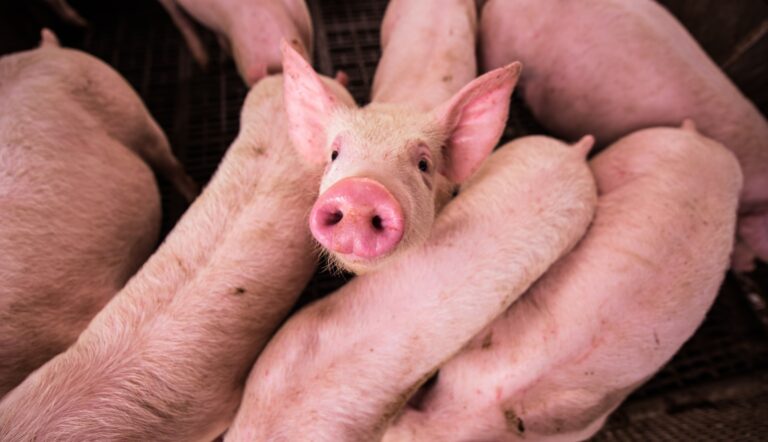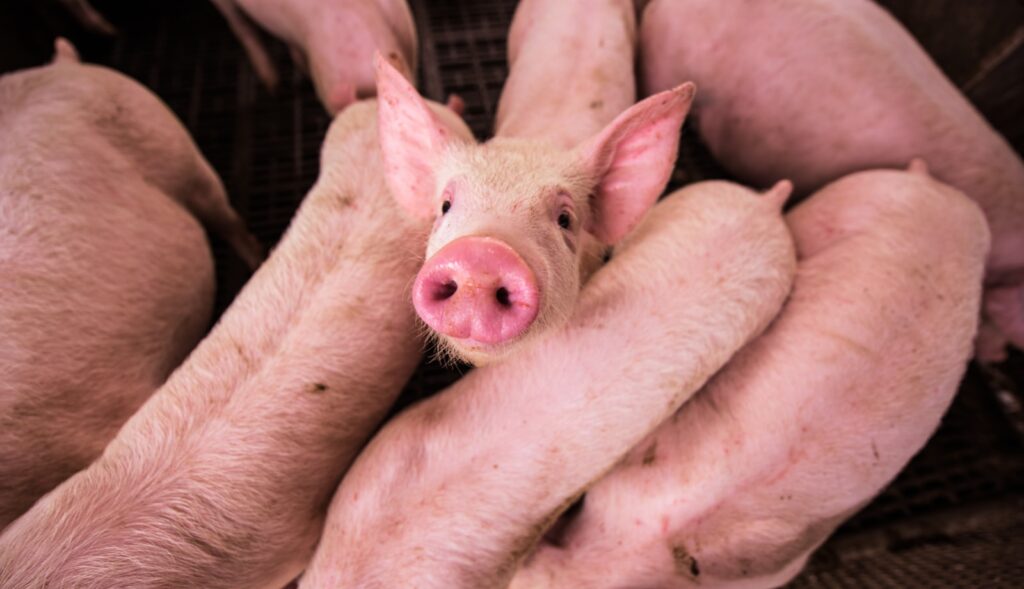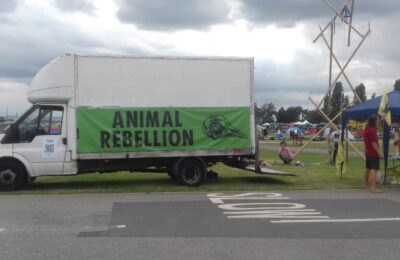From Environment Journal
Liz Truss’ former constituents are piling pressure on the local authority to block plans for a huge agricultural complex proposed by industrial meat producer Cranswick Plc.
Up to 6million chickens and 56,000 pigs could be processed at Methwold, Norfolk site each year, significantly increasing greenhouse gas emissions in the county. The developer’s other operations have also been the subject of complaints relating to ammonia emissions and nearby river pollution.
Campaigners argue that the Council would be breaking the law by giving a green light to the project despite the developer leaving emissions out of its planning application. Like many authorities across the UK, King’s Lynn and West Norfolk also declared a climate emergency in 2021, which means it should no longer consider any developments that will contribute to the crisis.
Earlier this year, judgement in the case Finch v Surrey Council Council & Others saw the Supreme Court rule that an Environmental Impact Assessment report must include downstream emissions from a proposed oil development, with the Office for Environmental Protection intervening for the first time in its history, helping block the plans.
Legal advisors working for the organisations Feedback and Sustain have now suggested that livestock units should legally fall under similar frameworks, meaning both up and downstream emissions impact should be taken into account when considering any development. As a result, Methwold is widely considered a test case for other applications that are being drawn up for sites across the UK – the outcome here is likely to set a precedent for the country as a whole. So far, more than 10,000 letters of object have been received by the authority.
‘Expanding emissions-intensive factory farming as the climate crisis intensifies is madness,’ said Natasha Hurley, Director of Campaigns at Feedback. ‘This megafarm must be stopped, and we believe the law is on our side. We urge West Norfolk Borough Council in the strongest possible terms to reject this planning application.’
‘Industrial megafarms like this are completely unnecessary,’ said Ruth Westcott, Campaign Manager at Sustain. ‘As well as the unacceptable impact on the climate, family farmers say these kind of supply chains impose prices, trading terms, and insecurity that they can’t survive. Sustainable farming is the real path to creating good jobs, local food security and decent returns for farmers.’



